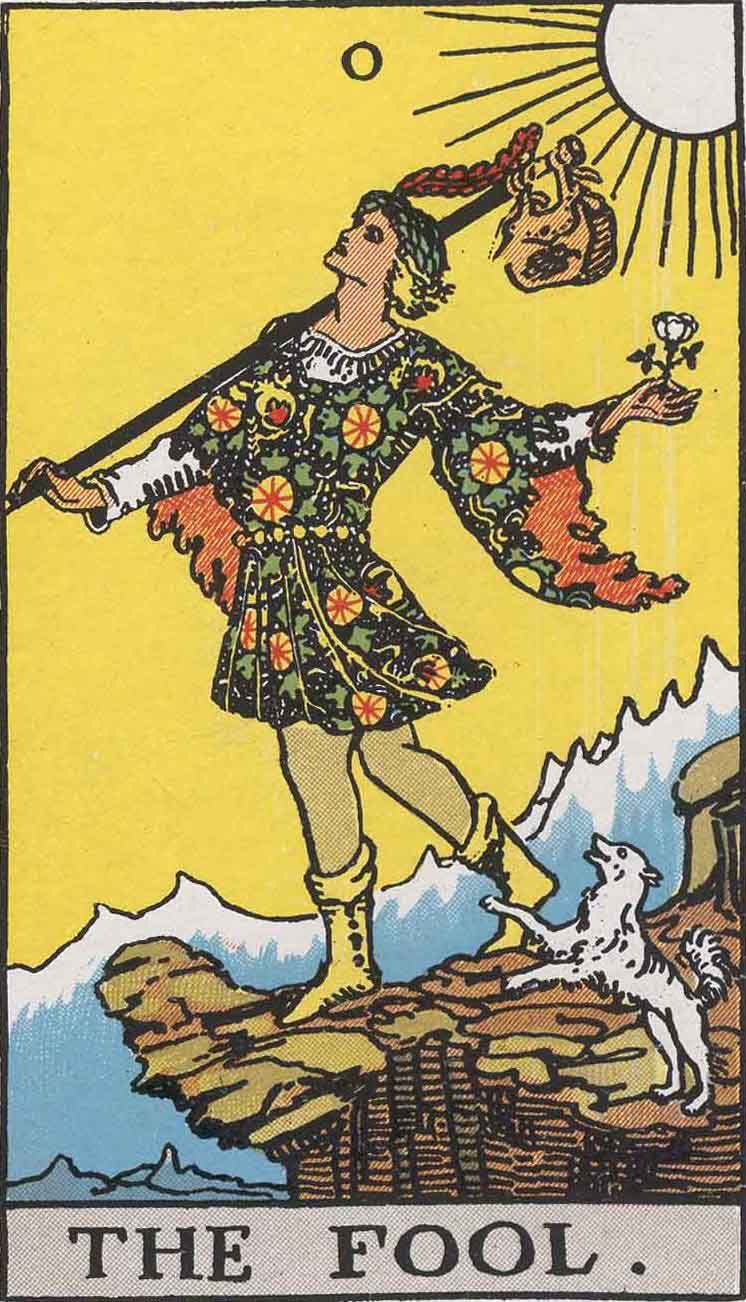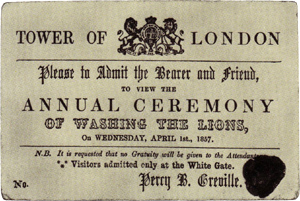
Written by Meghan E. Gattignolo
Ah, April Fool’s Day! That wonderful time of year when you’re given complete license to prank the people you love, and no one can get mad at you – right?
April Fool’s Day has Tudor origins. The first prank was pulled in 1510 when King Henry VIII invited everyone to Greenwich Palace on April 1 to watch a rare performance of mermaids playing in the Thames River at dawn. The young king enjoyed a good laugh as a crowd amassed near the shoreline, when, after a while, the people began to realize the king had played them for fools. Thereafter, April 1 was known as April Fool’s Day.
April Fool’s! You might have realized the above story isn’t true at all. While King Henry VIII did affect the course of history in big ways, he is not the origin of April Fool’s Day – but it’s possible he may have observed it. In fact, historians aren’t really sure when this day devoted to pranks began. However, many theories abound.
A Foolish History
The day has been a mark on the calendar since at least the 16th century. The first clearly recorded reference to an April Fool’s Day prank is from 1561 within a poem by Flemish writer Eduard de Dene. The poem consists of a tale about a nobleman sending his servant on several “fool’s errands” on the first of April. Later, in 1686, the first person to refer to the day’s popular name in writing is British antiquarian John Aubrey, notating the “Foole’s holy day. We observe it on ye first of April,” while gathering research on a book about customs.
April Fool’s Day-like customs have probably been around much longer than the first written accounts of them. One popular origin theory is that the modern April Fool’s Day can claim ancestry from the Roman festival Hilaria. Prankster activities ran amok during this festival, and people dressed in costumes and masks. Since the Roman Empire extended all over Europe, the people that were left behind after its fall had internalized Roman customs over the course of generations. During medieval times, many Roman customs remained, but as mere shadows of their original forms. So, it’s very possible that April Fool’s Day has Roman origins. Ultimately, the day may have more to do with the time of year and the inconsistent weather patterns that can trick unsuspecting farmers… conditions we Tennesseans know all too well.

The spaghetti-tree hoax was a three-minute report on April Fools’ Day 1957 by the BBC news program Panorama.
CC-BY-SA-4.0, via Wikimedia Commons
The Best Fools
Wherever the custom originated, fantastic examples of April Fool’s pranks extend throughout history. One famous prank you can find all over the internet is one pulled by the BBC in 1957. Trusted for its scrupulous reporting and serious disposition, many British people believed the BBC’s story of people on the border of Italy and Switzerland harvesting their spaghetti crop.
Another great one is the lion washing of 1698. People excitedly ran to see the lion washing ceremony at the Tower of London, and were disappointed to find they were fooled. This became an April Fool’s Day tradition for years to come, catching new and unsuspecting Londoners along the way.
Going back even earlier than the first recorded mention of April Fool’s Day (and getting some credit as an origin story), is a trick that happened in the 13th century in the English town of Gotham. In a genius attempt to keep the king from acquiring the land around their town for his own purposes, the townspeople decided to act out while the king’s men were in town. Many of them jumped into the river and attempted to drown fish, among other acts of nonsense. It worked, as the king thought better of owning land so close to so much foolishness.

An 1857 ticket to “Washing the Lions” at the Tower of London in London.
Public domain, via Wikimedia Commons
Pranks in the Information Age
Since the internet came into widespread use, false information has become the prank of choice. It has become harder to know what’s real and what’s not, making it easier to fool more people than ever before. Google is well-known for its April Fool’s antics. In 2000, Google told users to try out their new “MentalPlex” search feature. All you had to do was think really hard about what you wanted to search and stare at an animated image. Instead of initiating a search, however, the screen would update with error messages, such as “Brainwaves received in analog, please re-think in digital,” or “Query is unclear. Please try again after removing hat, glasses, and shoes.” Ever since, Google has been the internet authority on a good April Fool’s Day prank. For a laugh, check out this list to read about some hilarious tricks.
Have a great April Fool’s Day, and beware of the pranksters around you!
“The First of April some do say
Is set apart for all Fool’s Day
But why the people call it so
Nor I nor they themselves do know”
References
Eduard de Dene (April Fool, 1561) (hoaxes.org)
April Fools: The Roots of an International Tradition | Folklife Today (loc.gov)
April Fools’ Day: Origins, Meaning & Hoaxes – HISTORY
April Fools Day 1st April (historic-uk.com)

Meghan E. Gattignolo is a freelance writer and longtime Clarksville, TN resident. She loves to obsess about historical subjects and annoy her family daily with unsolicited random facts. Meghan holds a B.A. in History from Austin Peay State University and lives in town with her husband and two daughters.